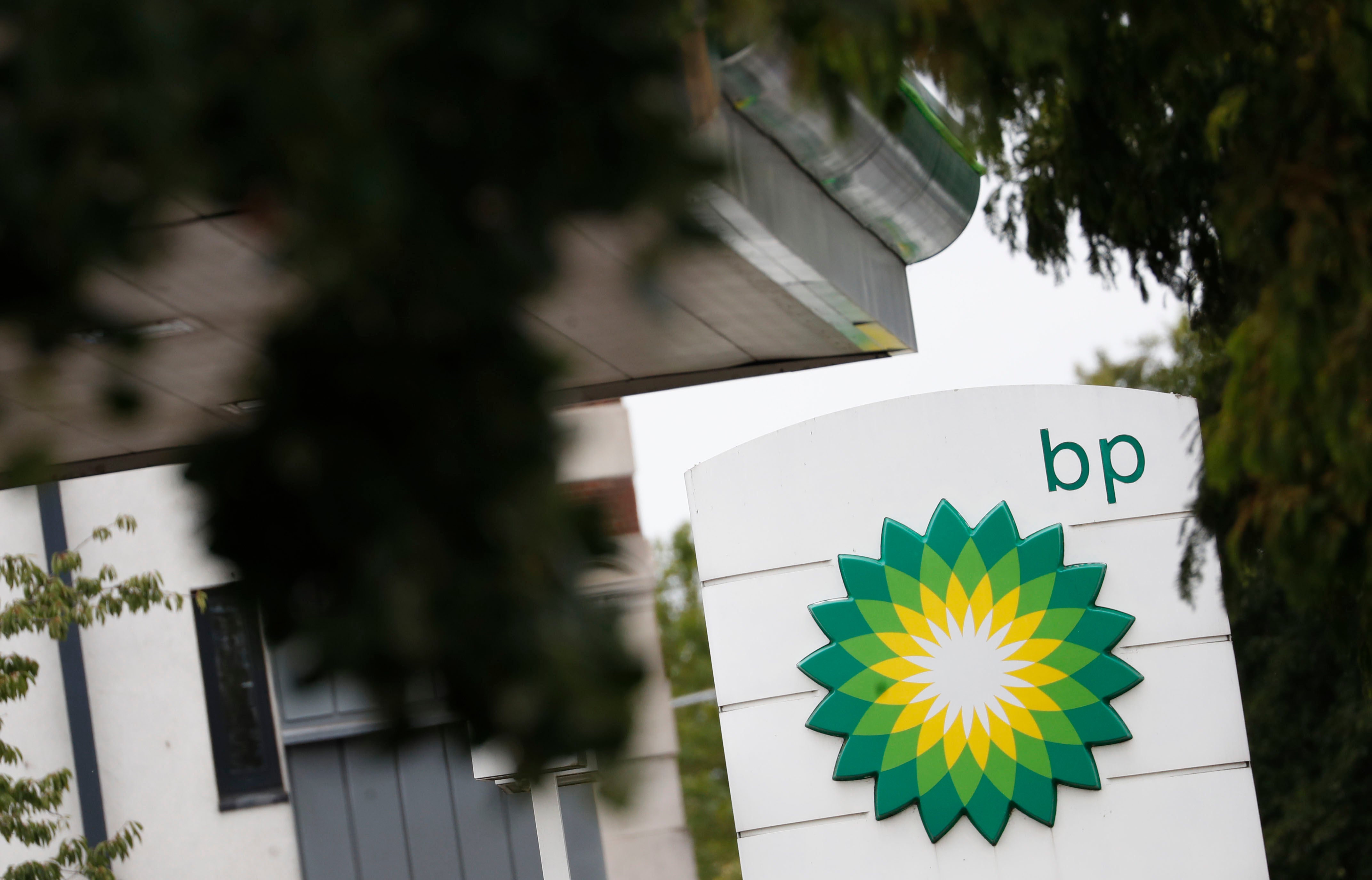BP ‘a cash machine’ at these sort of oil prices, says CEO ... Pity the cash won’t go to reducing emissions
More share buybacks are on the agenda with a higher dividend also possible, but some big investors are starting to wake up to the fact there will be a high price to be paid if BP doesn’t clean up its act, writes James Moore


Looking at BP’s results, I do find myself wondering if anyone in the investor relations department thought to raise the question of whether it was really politic for the oil mega-major to be issuing its results smack in the middle of the UN’s Cop26 climate conference.
Yes, yes, there are rules on when you have to report, and there are deadlines, and there are the endemic complexities of putting together a compliant and accurate statement concerning the financial performance of a global company that turns over as much as a small country. All these things have an impact on the reporting calendars of big businesses.
But if there was ever a time to hold a discussion about tweaking the BP calendar... This was before boss Bernard Looney opened his mouth and put his foot right in the middle of it.
“We’re a cash machine at these types of prices,” the CEO quipped to an audience of investors whose excitement at that sort of statement he clearly hoped to tap into, all the while ignoring the problematic context.
The average ATM, you see, doesn’t spit out the toxic melange of fumes and greenhouse gases that Mr Looney’s material produces when it is burned.
Those gases threaten the future of life on this planet. The science is available for anyone to see. Reducing their presence in the atmosphere is the raison d’être of the international event taking place in Glasgow, just a few hundred miles north of where Mr Looney’s company is headquartered.
The current high prices being fetched by fossil fuels – Brent Crude was above $84 at the time of writing – presents Looney with an opportunity. He could invest the extra money the company is generating by making BP compliant with the Paris Climate Accords while charting a cleaner future for a business that has the capacity to play an important role in a cleaner future for the planet.
And there is indeed plenty of money sloshing around at BP, which reported underlying profit of $3.3bn (£2.4bn) over the third quarter of its current financial year, up from $2.8bn last time. This sort of company produces multiple measures of earnings, but the one I quoted is the one the analysts like to look at. They are, however, all pretty rosy.
Or he could spend it on fattening dividends, and buying back great tranches of BP shares in the hope that this will deliver a short-term bung to shareholders who plan to stick around.
Care to make a guess at his choice? If you opted for buybacks, give yourself a gold star. There’ll be a bigger dividend coming down the line too.
Mr Looney’s apologists would argue he could do nothing else. He is responsible to his investors. He owes his multimillion-dollar paycheque to them. His job is to make money and deliver returns for them. Keeping them sweet therefore takes precedence over any concerns he might have about the future of a rapidly heating planet.
Except that at least some of the big investment companies, the ones whose voices actually count when it comes to a business like BP, have belatedly started to wake up to an uncomfortable fact. The riches Looney is showering on them amount to a zero-sum game.
Any benefit derived from the buybacks and the dividends now will ultimately be surrendered through the economic damage inflicted by the climate crisis in the future. With interest.
Some of those investors have started to use their votes to reflect that uncomfortable fact.
At BP’s AGM earlier this year, Follow This, a group of climate activists who buy shares in oil companies with a view to submitting and voting in favour of resolutions designed to pressure them into complying with the Paris goals, submitted its latest dissident resolution.
It called for the company to adopt “Paris-consistent emission reduction targets and – consequently – shift investment away from fossil fuels to renewables”.
The BP board recommended shareholders vote against it but 20.7 per cent of them defied this advice, a substantial increase when compared to the 8.4 per cent who backed a previous motion in 2019.
There were 12 other motions submitted to shareholders, covering topics ranging from the election or re-election of directors, their remuneration, the appointment of auditors, a licence to make political donations, various technical corporate housekeeping measures. The BP board’s recommendation received the support of at least 90 per cent of shareholders in every one of them. In the majority of them, its advice was followed by more than 99 per cent of investors.
It is time Mr Looney woke up to what’s happening around him and thought a little more carefully before making crass public statements. The black, sticky tide is belatedly starting to turn against him.
Join our commenting forum
Join thought-provoking conversations, follow other Independent readers and see their replies
Comments
Bookmark popover
Removed from bookmarks